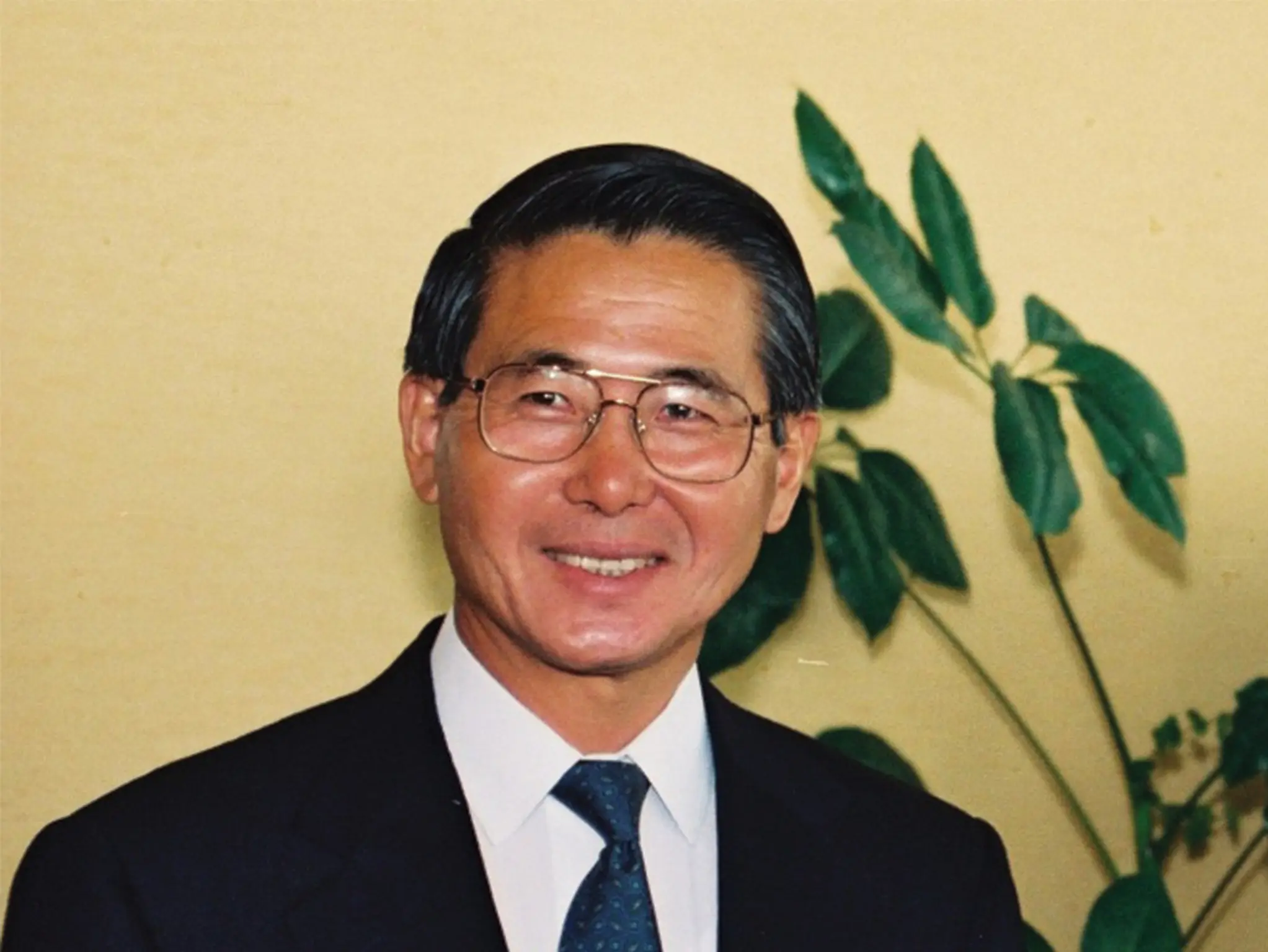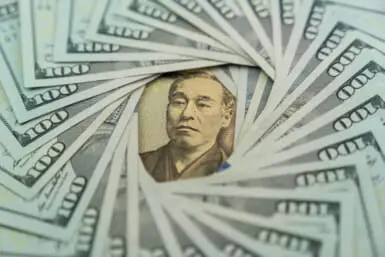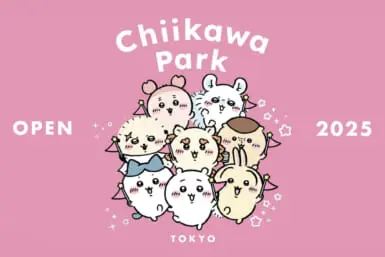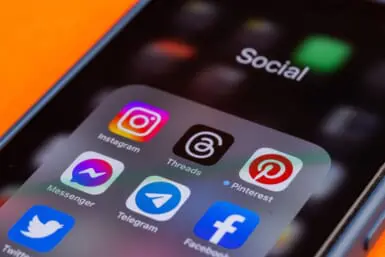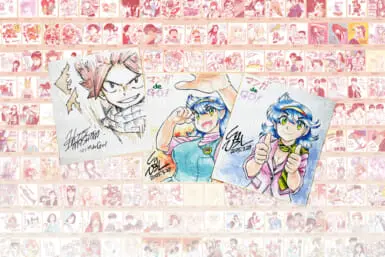Alberto Fujimori, the controversial former Peruvian president of Japanese descent who ruled with an iron fist, died at the home of his daughter, Keiko, on Wednesday evening, 10 months after he was granted a humanitarian pardon. He was 86. “After a long battle with cancer, our father, Alberto Fujimori, has just departed to meet the Lord,” posted Keiko on X. “We ask those who loved him to accompany us with a prayer for the eternal rest of his soul. Thank you so much, dad.” She added the names of his three other children; Hiro, Sachie and Kenji.
Alberto Fujimori: A Divisive Figure
The son of Japanese immigrants, Fujimori was born in the Peruvian capital of Lima on July 26, 1938. He claimed he was born on July 28, the date the nation gained independence from Spain. During a court hearing, though, he confirmed it was the earlier date. There was also some debate about his place of birth, with the news magazine Caretas alleging in 1997 that he was born in his father’s hometown of Kawachi, Kumamoto Prefecture. This was a highly contentious issue as it would have made him ineligible to be president had the story been true. It turned out to be false.
Fujimori ruled Peru between 1990 and 2000. A former television host, he proved to be one of the most divisive figures in the country’s history. During his time in office, he was credited with helping Peru come back from the brink of economic collapse after skyrocketing inflation. He also defeated the Maoist Shining Path movement, a brutal terrorist organization. Although he was seen as a hero to his supporters, many viewed him as a corrupt tyrant who was responsible for the deaths of tens of thousands of people. He was also accused of targeting poor indigenous communities.
After being elected for a third term in office in 2000, Fujimori was then fired from his position later that year. His powerful intelligence chief, Vladimiro Montesinos, was seen bribing an opposition congressman via a leaked video. After more footage of corruption emerged, Fujimori sent a fax while he was on a trip to Japan, announcing his resignation. Congress relieved him of his duties and labeled him “morally unfit” to govern. Facing charges of corruption and human rights abuses in Peru, he took refuge in Japan. In 2005, he was arrested during a visit to Chile.

Fujimori’s Sentencing and Release
Two years later, Fujimori was sentenced to six years in prison. In 2009, he was handed a 25-year sentence for his role in kidnappings and murders by the Grupo Colina death squad during the 1990s. For years, Fujimori had various health issues, including coronary and gastrointestinal problems. Former Peruvian President Pedro Pablo Kuczynski subsequently granted him a medical pardon in 2017. However, following violent protests and criticism from human rights organizations, the pardon was overturned and Fujimori returned to jail. He was released from Lima’s Barbadillo prison last December. His daughter, Keiko, has unsuccessfully run for president three times. She intends to run again in 2026.

